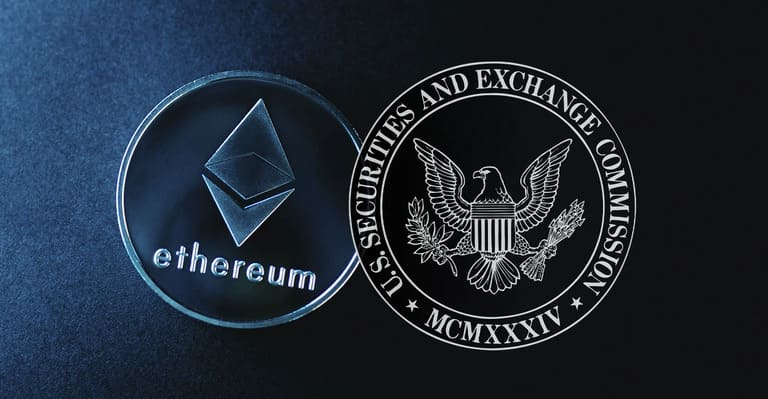TL;DR
- Hester Peirce from the SEC has proposed reconsidering staking and in-kind redemption in cryptocurrency ETFs, sparking debates on regulatory flexibility.
- Peirce suggests that practices like staking, crucial for the security of networks like Ethereum, could benefit ETF liquidity and reduce tax burdens for investors.
- Political context also plays a role: a change in administration could impact regulations, underscoring the importance of more crypto-friendly policies in the upcoming US elections.
SEC Commissioner Hester Peirce has suggested reconsidering key features for cryptocurrency ETFs, such as staking and in-kind redemption. The proposal has sparked discussions on easing current regulations affecting financial products based on digital assets.
Peirce noted that aspects like staking, fundamental for the security and decentralization of networks like Ethereum, could be reassessed in future ETF offerings. The commissioner suggests openness to practices that could enhance liquidity and efficiency of these funds while minimizing tax events for investors.
NEW: SEC Commissioner Peirce tells me Ethereum ETFs being able to stake could be open to reconsideration
"I think certainly something like staking, or any feature of the product … those are always open for reconsideration as far as I'm concerned" pic.twitter.com/SFUTPcX80z
— Zack Guzmán (@zGuz) July 17, 2024
The discussion arises at a crucial moment, close to the anticipated launch of Ethereum ETFs, where excluding staking could hinder the full development of the network. It is necessary to review regulatory approaches and adopt measures with potential impacts favoring innovation and the growth of disruptive technologies like blockchain.
SEC and Government Must Be Pro-Crypto
Additionally, Peirce mentioned the political influence on these decisions, suggesting that a change in administration could create new opportunities to review and update existing regulations. A crucial aspect gaining relevance in the US political landscape, where interest in more favorable policies towards cryptocurrencies could have considerable weight in the elections scheduled for November this year.

The debate should also be considered an approach to financial freedom and democratization of access to new forms of investment. In this regard, regulatory decisions have the potential to shape the future of digital assets and their integration into the global financial system. While a change in leadership may be needed first, the SEC must inevitably shift towards a pro-crypto stance that benefits the crypto industry within the United States.
Peirce has laid the groundwork for a necessary debate to balance the need for appropriate regulations with the promotion of innovation and competition in the digital financial sector. As the cryptocurrency market continues to expand, these decisions could have a lasting impact on the adoption and development of decentralized technologies.

